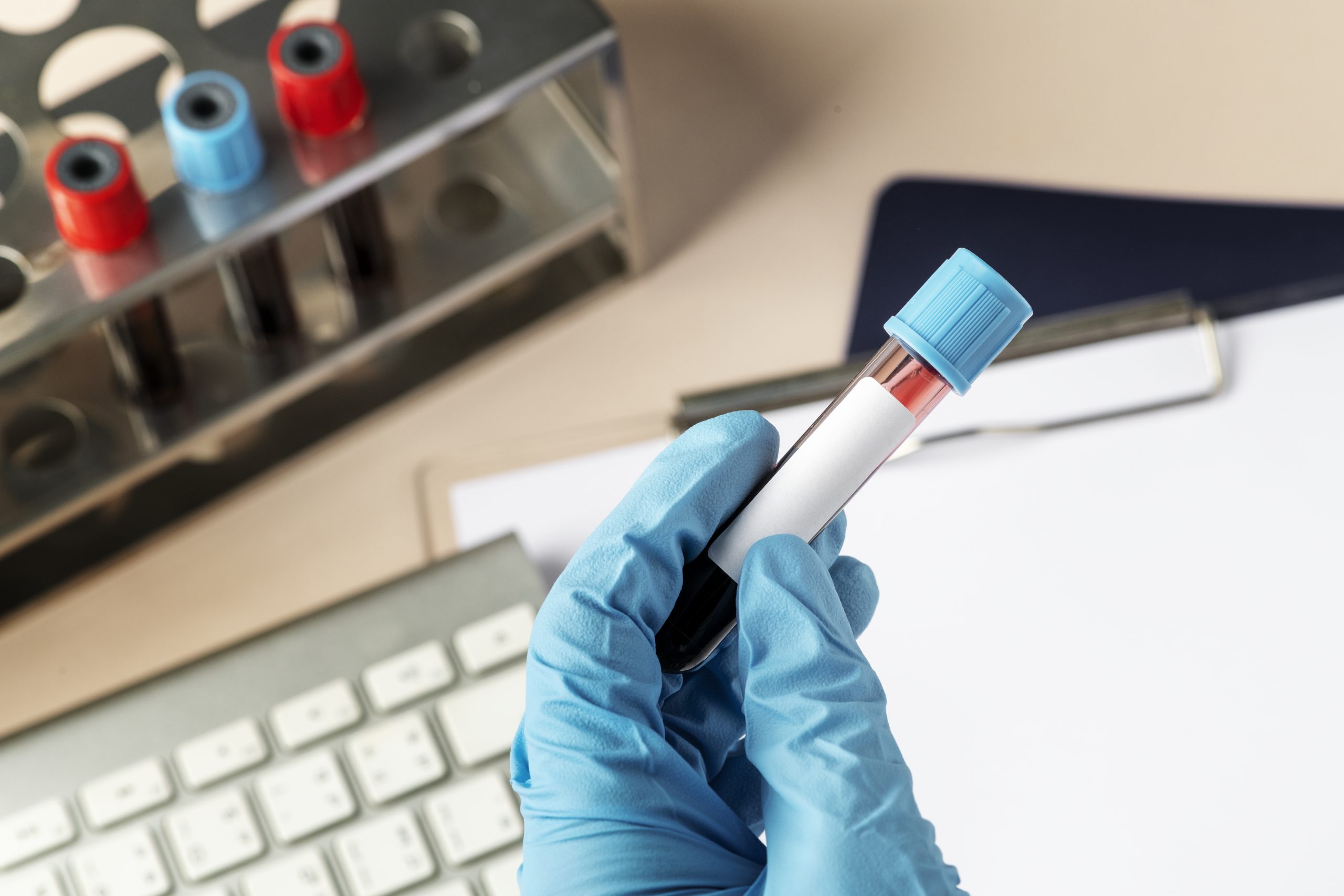
Two Covid-19 vaccine candidates have proven safe for humans and produced strong immune reactions among patients involved in two separate clinical trials, doctors have announced.
The first trial among more than a thousand adults in Britain found, that the vaccine induced ‘strong antibody and T-cell immune responses’ against the novel coronavirus.
A separate trial in China involving more than 500 people showed most had developed widespread antibody immune response.
The studies, published in The Lancet medical journal, constitute a major step on the road towards a Covid-19 vaccine that is effective and safe for widespread use. The authors of the studies said they encountered few adverse side effects from the vaccine candidates.
They did however caution that more research was needed, particularly among older adults, whom are disproportionately at risk of dying of Covid-19. Co-author Sarah Gilbert from the University of Oxford said the results “hold promise”.
“If our vaccine is effective it is a promising option as these types of vaccine can be manufactured at large scale.” The pandemic has seen an unprecedented mobilization of funding and research to rush through a vaccine that can protect billions of people worldwide.
Both studies were phase-2 trials, which test whether the vaccine provokes an immune response and can be well tolerated by patients. For its trial, the team at Oxford used a genetically modified strain of the common cold virus that infects chimpanzees.
They manipulated the virus to train cells to recognise the viral spike protein, which helps teach the immune system to recognise Covid-19. As well as developing antibodies in their blood, patients given the vaccine were found to have developed a robust T cell response – helping their body identify and neutralise the virus.
“The immune system has two ways of finding and attacking pathogens – antibody and T cell responses,” said Andrew Pollard, a member of the Oxford team. “This vaccine is intended to induce both, so it can attack the virus when it’s circulating in the body, as well as attacking infected cells.”
The Oxford team found that among the 500 or so patients given the vaccine, their immune response peaked around 14 days and decreased slightly by day 56 – the end of the study period.
Source : Gulf Times






Leave A Comment
You must be logged in to post a comment.